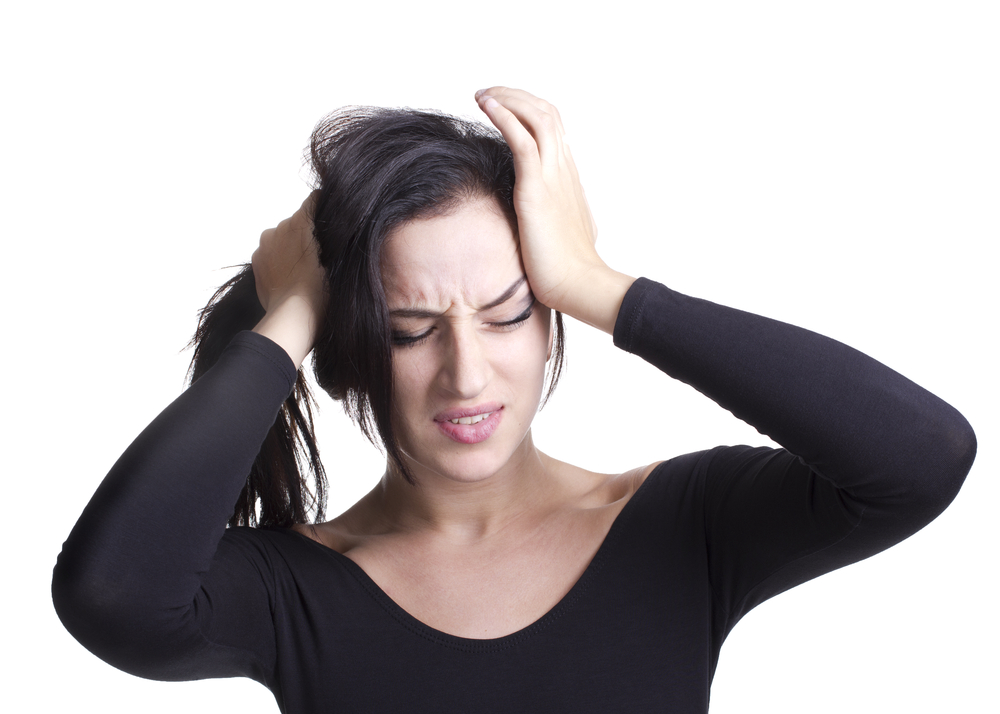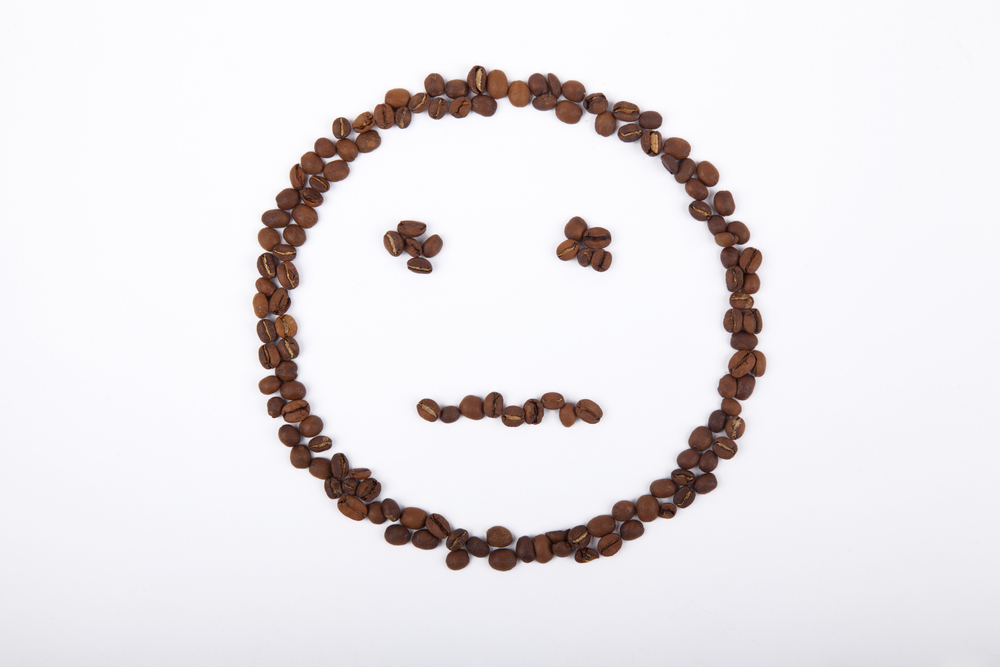Having a mild headache due to body stress or emotional depression is very common, but its recurrence accompanied by nausea, lightheadedness, vomiting can be an indication of the migraine symptoms. You have to come out of its effects as early as possible.
If you always live in the grip of a permanent mild headache and if you see darkness in front of your eyes soon after venturing out in the sunshine, and if you experience frequent upheaval of vomiting, nausea, or shortness of breath then these are some signs that indicate you have migraine which is actually a neurobiological disorder. This condition involves both neurological and vascular changes in the brain during an attack. Experts find it very common that could affect even a healthy person. Home or natural methods offer the best migraine treatment, and you can consult a doctor if the condition has reached a severe level.
Causes of migraine:
Migraine can attack anyone but the people with a genetic predisposition experience it more frequently. Anatomically it happens because of the reduced threshold for the activation of brain’s ‘pain centers’. It stimulates nerve cells and stifles neurotransmitter release, causing brain strain. The imbalance of brain chemicals, including serotonin that regulates pain in nervous system is the most common factor that triggers migraine.
Some other possible causes of migraine can be:
• Hormonal changes
• Poor nutrition
• Smoking and alcohol consumption
• Persistent tension and stress
• Changes in environment
• Hard medications
• Aging
• Insomnia
• Sensory stimuli
• Chemical abnormalities
• Family history
• Physical stress
Migraine headache symptoms:
A migraine headache can be mild or severe in nature. Its extreme stage is often marked by visual disturbances. The perseverance of intense or chronic headaches bring some obvious symptoms, such as:
- Sensitivity to sound
- Vomiting
- Vision changes
- Flashes
Also Read:Fighting off fatigue with self-help tips
Generally, people experience some migraine symptoms before it hits your head. These symptoms include:
- Depression
- Shortness of breath
- Food cravings
- Constipation
- Hyperactivity
- Irritation
- Neck stiffness
- Insomnia
- Uncontrollable yawning
Most of the headache symptoms last 2-3 days and then disappear on their own. But, if any of these symptoms persist for a few days or weeks then you are advised to consult a doctor.
Preventions of migraines:
If you are living a healthy life and do follow some precautions then the chances of migraine will be minimal. Experts suggest some preventive methods that help you treat migraine, such as:
• Avoid or curb alcohol
Heavy drinking of alcohol probably leaves you in hangover next day. If this hangover lingers long then the chances of migraine will be very high. Try to avoid such alcohols that give you a long hangover or take the best brands in a limited amount. For example, some people are comfortable with vodka rather than whiskey to avoid a brain-wrecking hangover.
• Manage migraine stimuli
If you experience frequent waves of migraine within a certain period of time then you should make a full chart of its nature and pattern. Understand what factors are triggering a headache and how long it stays. Jot down the potential catalysts and discuss it with your doctor in order to get the effective migraine treatment.
• Be punctual on meals
Make a proper schedule of your daily activities and follow it strictly to avoid the risks of headache. At least make sure that you’re taking meals on time and try to add healthy and nutritious ingredients to your diet to combat migraine.
• Reduce caffeine consumption
Excess intake of caffeine products can trigger migraine symptoms. Caffeine products can stimulate your brain’s nerves and that, in turn, can cause a pointed pain. Therefore, you have to limit the amount of caffeine (roughly about 200 mg a day) to resist the risks of migraine.
• Take complete rest
In many cases, sleep-deprived people become a victim of migraine. The overstraining of the body and lack of proper and peaceful rest can simply cause a migraine headache. Your body needs rest and quality sleep of 6-8 hours to function well.
• Check hormone levels
Any imbalance in hormone levels in the body can cause chronic headache, so it’s important to keep an eye on this aspect. Hormonal changes take place very fast during teen age and they often are settled when you enter puberty age. Many women experience a steep decline in estrogen during menstruation and it becomes a cause of migraine. So, try to get appropriate migraine treatment before the condition goes worse.
Also Read:Healthy diet plan for men
Home remedies for migraine:
Before hitting the door of a doctor, it’s better to get advice and try some home or natural solutions to treat migraine. Some of these effective home solutions include:
- Drink plenty of water to dehydrate
- Use peppermint oil to cool your head
- Eat something when feeling hungry
- Try acupuncture
- Take bath in hot shower
- Try body massage
- Eat mineral-rich foods
- Do yoga and meditation
- Take a cup of tea
- Cut on salt
- Avoid penetrative sunshine
- Go green and love nature
- Avoid night shift work
- Go for a morning walk


